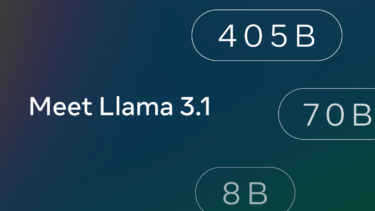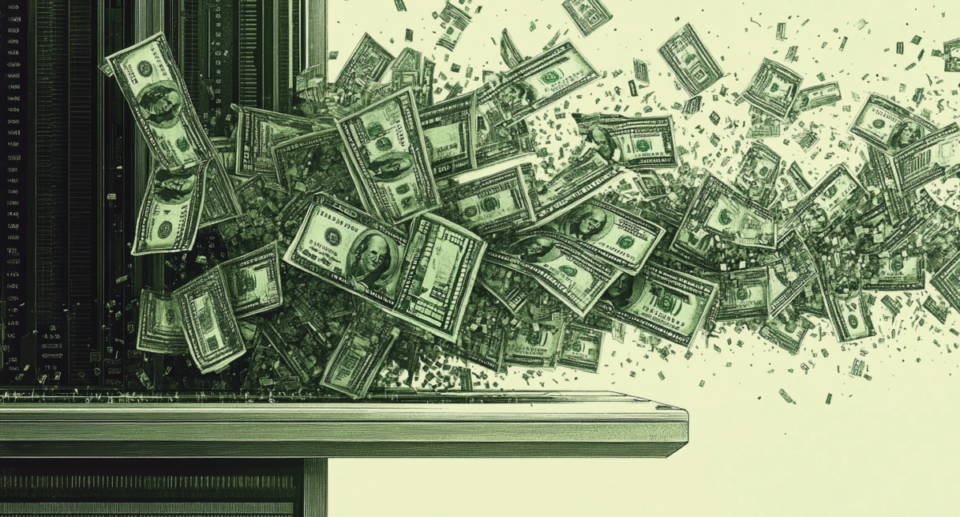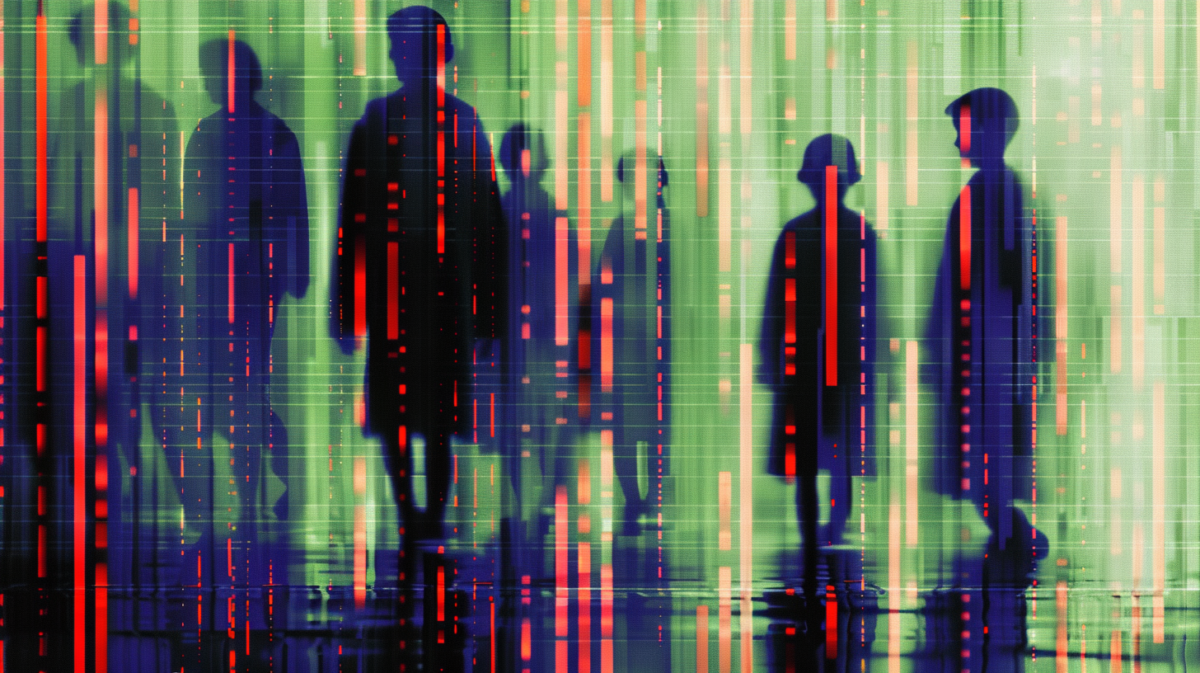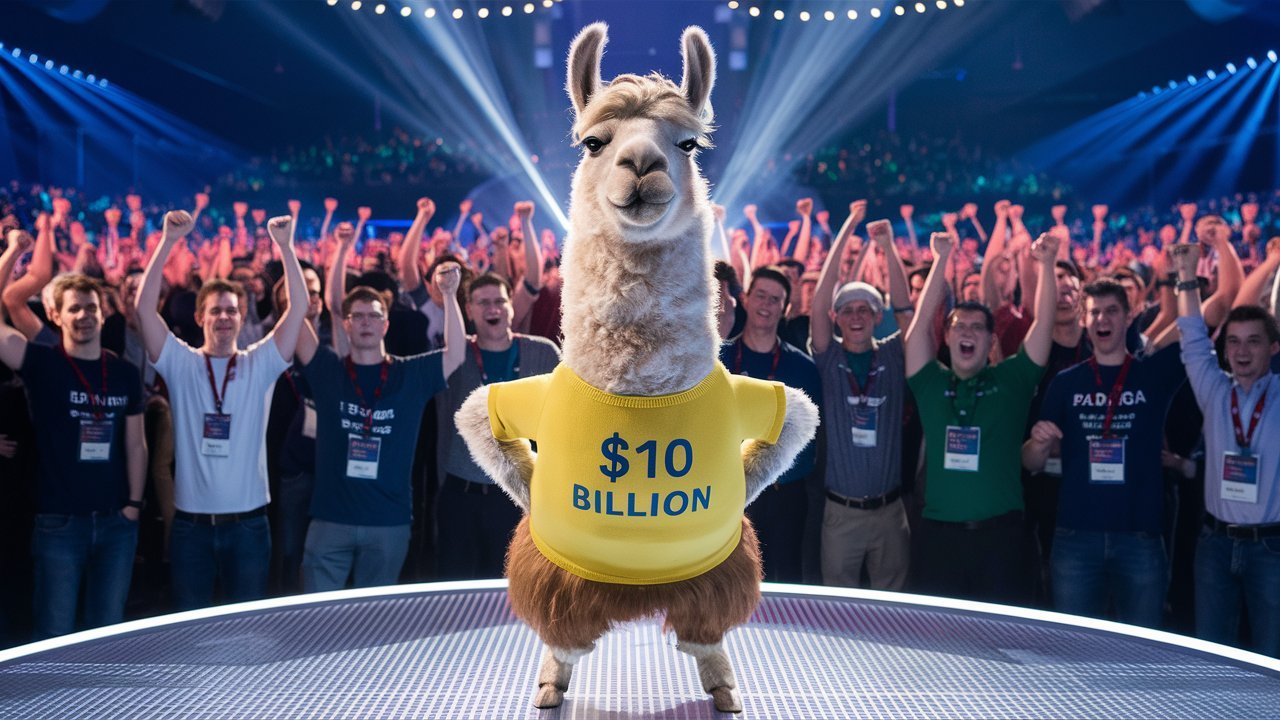Ben Affleck says AI is “going to hammer” the visual effects industry
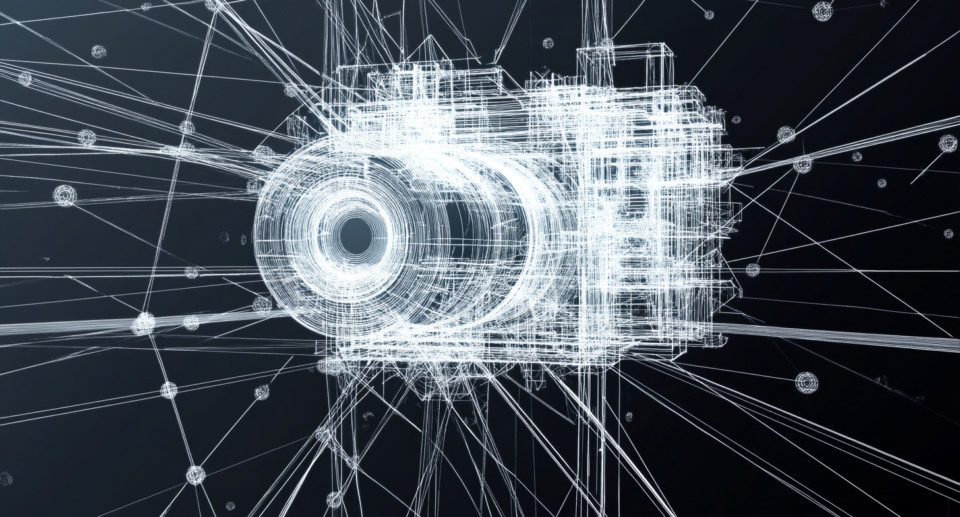
Oscar-winning actor Ben Affleck says AI will transform the visual effects industry, making expensive VFX work much cheaper.
In a recent CNBC interview, Affleck painted a stark picture for VFX professionals while remaining optimistic about creative filmmaking.
“I wouldn’t like to be in the visual effects business, they’re in trouble because what cost a lot of money is now going to cost a lot less, and it’s going to hammer that space, and it already is,” Affleck said.
However, the actor believes that AI poses little threat to creative filmmaking. He likens AI systems to craftsmen who learn by observation and imitation, but lack true artistic judgment and the ability to know when to stop—a skill that Affleck believes AI will lack for a long time.
Ad
“AI can write you excellent imitative verse […] but it cannot write you Shakespeare,” he said. A recent study found that people preferred AI-generated poems imitating classical masters like Shakespeare over original verse.
Affleck also remains skeptical about AI’s ability to direct performances, stating that managing multiple actors and making artistic judgments “entirely eludes AI’s capability and I think will for a meaningful period of time.”
Impact on production workflow
Affleck sees AI as a tool that could benefit independent filmmakers by automating routine tasks. The technology could accelerate background work, fix errors, and enable costume modifications. This efficiency could allow shows like “House of the Dragon” to produce two seasons annually instead of one.
He also envisions new business models emerging. Viewers might pay $30 for custom-made short episodes of their favorite shows—like a four-minute “Succession” episode with its own storyline.
While these AI-generated episodes might be “a little janky and a little bit weird,” they could accurately portray characters and actors, potentially replacing lost DVD revenue, which Affleck says once accounted for 15-20 percent of movie revenue.
Recommendation

-SOURCE-Simon-Hill.jpg?w=1920&resize=1920,998&ssl=1)



